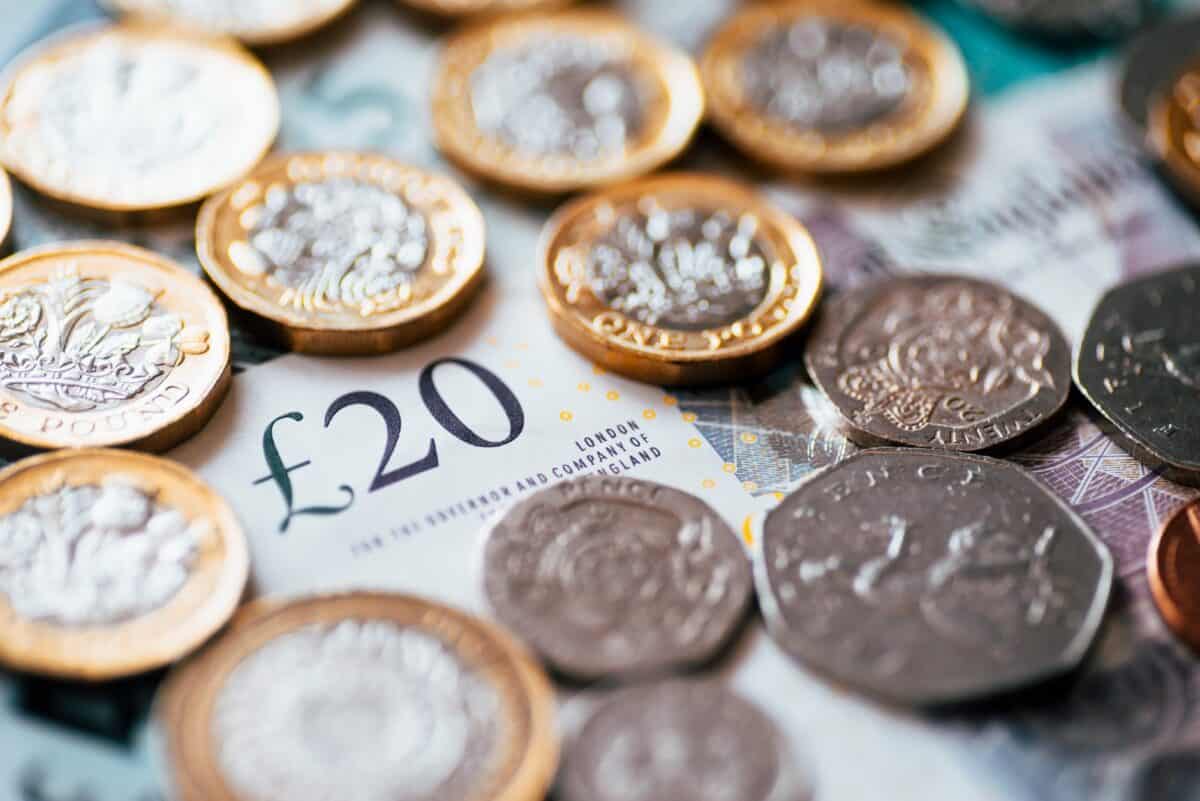FTSE 100 stocks are a fantastic way of generating the passive income I need to fund my retirement, because they pay some of the most generous dividends in the world.
By investing in a Stocks and Shares ISA, I can take that income entirely free of tax (plus any share price growth too).
Please note that tax treatment depends on the individual circumstances of each client and may be subject to change in future. The content in this article is provided for information purposes only. It is not intended to be, neither does it constitute, any form of tax advice. Readers are responsible for carrying out their own due diligence and for obtaining professional advice before making any investment decisions.
Dividend income
Every adult can invest up to £20,000 in an ISA each year. If I could afford to invest the full amount in a selection of high-yielding UK dividend shares, I’d reap outsized rewards in terms of income.
I’ve spent the last year snapping up UK income stocks and now the dividends are starting to roll in. On 9 May, M&G paid £408.27 into my online trading account. Next day, Taylor Wimpey kindly sent me £158.78.
On 21 May, Lloyds Banking Group sent £172.09, while the day after Phoenix Group Holdings paid £137.24. More will follow, as other companies do their bit.
I’m keen to buy another dividend hero and China-focused bank HSBC Holdings (LSE: HSBA) has been on my watchlist for some time.
My favourite type of dividend stock combines a high yield with a low valuation, and that’s exactly what HSBC does today. Incredibly, it trades at just 6.69 times forecast earnings, despite the share price rising 15.53% over the last year.
Even more incredibly, it’s forecast to yield 9.39% in 2024. That’s a stunning rate of income. If it comes through, that is. Dividends are never guaranteed and that is very high.
With luck it should, as HSBC makes a heap of cash. Full-year 2023 profit before tax rocketed 78% to $30.3bn as revenues boomed and higher interest rates widened margins.
This allowed the board to approve a fourth interim dividend of 31 US cents per share, lifting the full-year dividend to 61 cents, its highest since the financial crisis. It also lavished investors with share buybacks totalling $7bn and is lining up another $2bn in the first quarter.
FTSE 100 dividend star
2024 may not be such a bumper year. When interest rates start falling, margins may narrow. Plus there’s the underlying fear that HSBC could get squeezed by the US-China superpower stand-off, forcing it to pick sides.
Every stock has risks. That’s why I invest in a spread of them. By topping up my existing dividend stock faves and adding HSBC, I reckon I could generate an average yield of around 8%. That would give me income of £1,600 in the first year, with any capital growth from rising share prices on top.
That’s only the start. With luck, that income will rise over time, as my chosen companies boost profits and hike dividends.
Let’s be super-cautious here and say I don’t generate a penny in capital growth, but simply reinvest all my dividends. After 30 years, my £20k would have grown tenfold to £201,253. With that 8% yield, I’d generate income of £16,100 a year. Which isn’t bad for an initial £20,000 investment.
If I get capital growth as well, I could get a lot more passive income than that. Fingers crossed!







